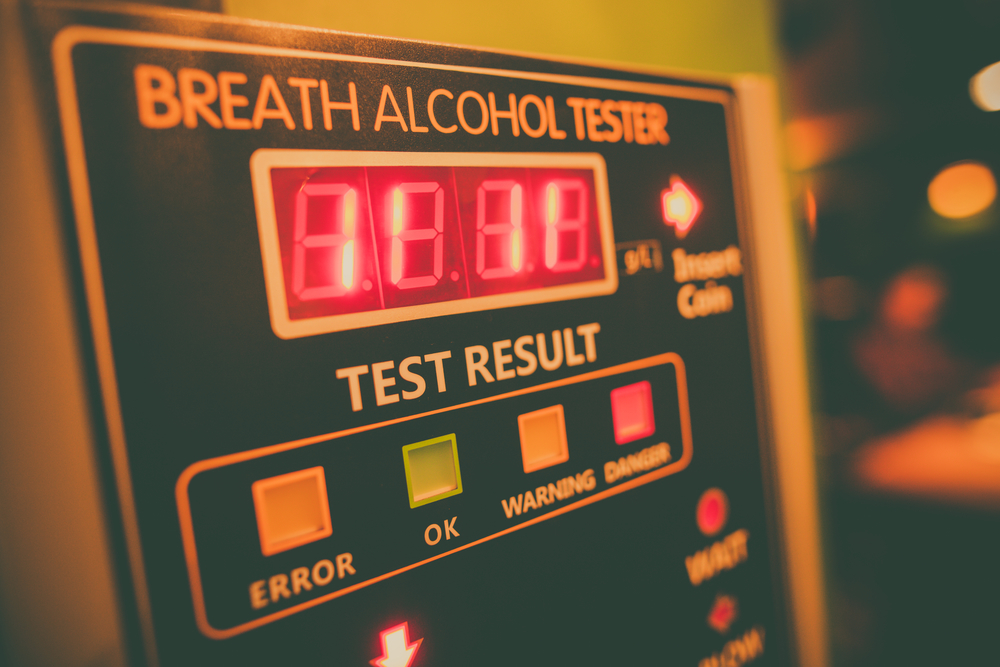Random Breath Testing Devices: What You Need to Know

If you pled guilty to a DUI or took a plea deal, the court may require you to do random breath testing using a special device. The device is similar to a breathalyzer that you use at home or at a probation supervisor’s office. Like an ignition interlock device or alcohol monitoring bracelet, it detects alcohol usage in an effort to stop repeat DUIs.
How Does a Random Breath Testing Device Work?
These devices are very similar to a breathalyzer, except that they often have identity verification features. For example, some random breath testing devices have voice recognition, facial recognition, or picture comparison sensors. These features allow your probation officer or the court to check that you are the person taking the test.
Your probation officer may set up a regular schedule for you to take your tests. Alternatively, the device may have a random, pre-programmed schedule. At the appointed time, the device will play a tone. Then you have to blow into the device like a breathalyzer. To send the results to your probation officer or the court, you can upload them using a landline phone or cell phone. Some devices also have GPS tracking.
Why Do People Have to Use Random Breath Testing Devices?
Courts, including Oklahoma drug courts, require people to use random breath testing devices in an attempt to prevent people from driving under the influence again. By checking to see if you have consumed alcohol before taking your tests, the state believes it may deter you from drinking at all. These devices also allow for more flexibility in timing the tests – they can occur at hours when the probation officer is not at work, and in many locations. Also, the devices are fairly inexpensive and easy to use.
Unfortunately, random breath testing devices suffer from many of the same problems as breathalyzers. The results may be tainted by many factors, including:
- Broken or poorly maintained devices
- Overly sensitive sensors
- False positives
- Environmental factors
- Medical conditions
Talk to your attorney about whether use of a random breath testing device as a condition for your sentence would work for you.
If you need representation in an Oklahoma court for a DUI charge, seek out the attorney who teaches other attorneys and law enforcement about sobriety testing techniques. Clint Patterson, Esq., of Patterson Law Firm, a former Tulsa prosecutor now using his trial experience and expert-level knowledge of DUI science to defend drivers, assesses his clients’ best options for defenses and sentencing. To schedule a case evaluation, visit Patterson Law Firm online or call Clint’s office at (918) 550-9175.

